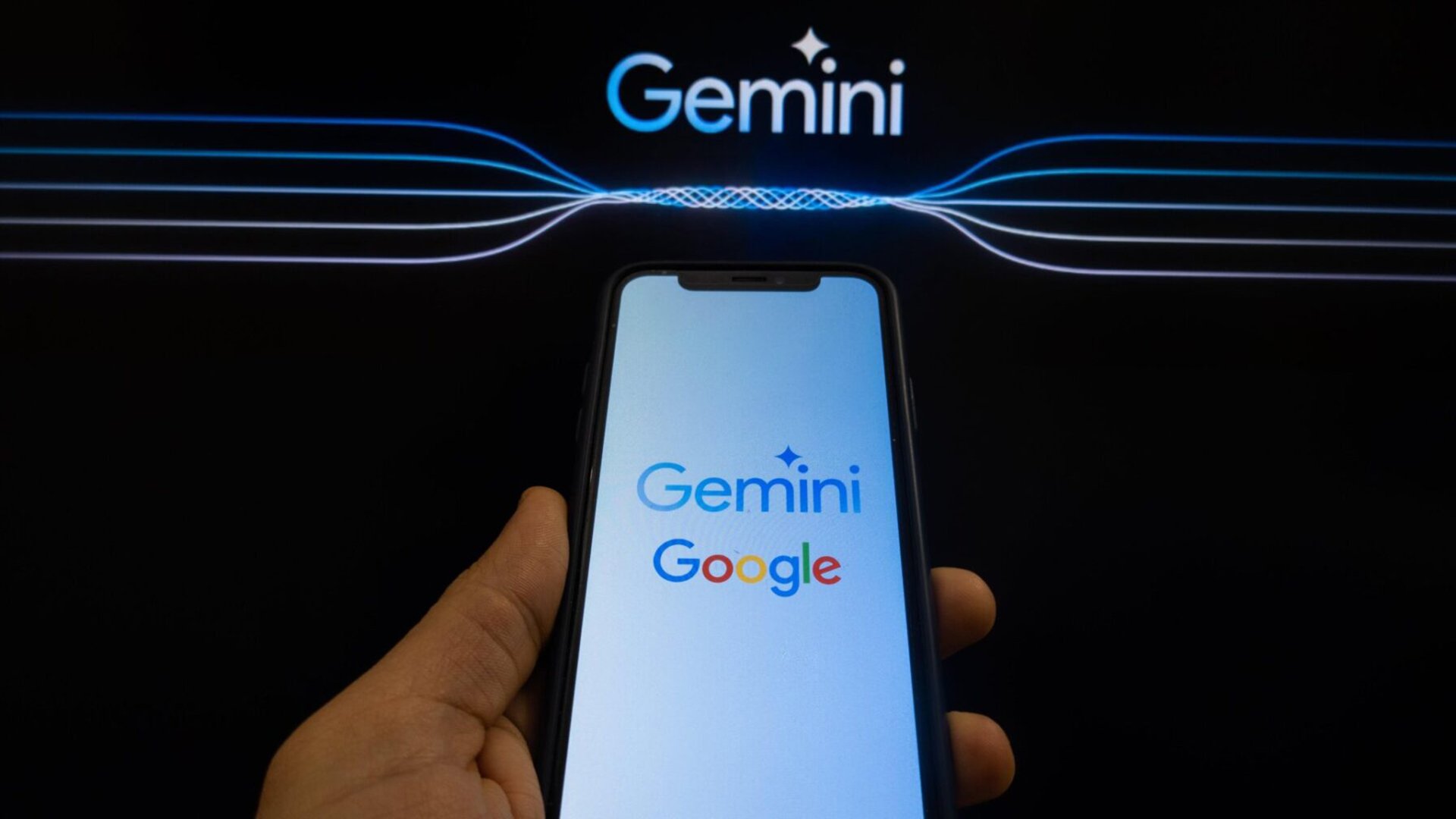Anthropic, a prominent AI model developer, has introduced a curious requirement for job applicants: a pledge to abstain from using AI during the application process. This ironic stipulation highlights the ongoing debate surrounding AI’s capabilities and its potential impact on the workforce.
Anthropic is the company behind Claude, a well-regarded chatbot known for its conversational skills and coding proficiency. With significant investments from tech giants like Google and Amazon, Anthropic is a key player in the race towards artificial general intelligence (AGI). Recently, the company showcased Claude’s ability to control user devices to complete tasks, a form of “agentic AI” that OpenAI is also developing.
Despite the hype surrounding AI chatbots, Anthropic’s application requirement suggests a lingering skepticism about their ability to fully replace human capabilities. The application explicitly states, “While we encourage people to use AI systems during their role to help them work faster and more effectively, please do not use AI assistants during the application process. We want to understand your personal interest in Anthropic without mediation through an AI system, and we also want to evaluate your non-AI-assisted communication skills.” This requirement was first observed by open-source developer Simon Willison and subsequently reported by 404 Media.
Developing AI systems necessitates human ingenuity. Computers lack inherent human qualities like creativity and agency. While OpenAI’s Sora video generation model can produce impressive results, human creativity is still essential for crafting compelling and engaging content.
Concerns about AI replacing software engineering jobs are pervasive, even though current AI coding models are prone to errors. Proponents argue that AI will enhance developer efficiency, enabling the creation of more complex programs. Skeptics, however, fear that companies may prioritize cost reduction over quality by replacing human developers with AI, despite potential shortcomings. Salesforce and Klarna have publicly embraced AI-powered customer service, but the actual impact on customer experience remains unclear.
For now, Anthropic’s actions speak louder than words. The company’s insistence on human capability for critical tasks underscores the limitations of current AI technology. This raises important questions for other companies considering AI integration: what are the true costs and benefits, and when is human oversight still essential? Anthropic’s approach suggests a cautious optimism towards AI, acknowledging its potential while recognizing the enduring value of human skills.
In conclusion, Anthropic’s decision to prohibit AI assistance in its application process presents a thought-provoking paradox. While driving innovation in AI, the company simultaneously acknowledges the irreplaceable value of human abilities in certain contexts. This cautious approach serves as a valuable lesson for other organizations navigating the evolving landscape of AI integration.











